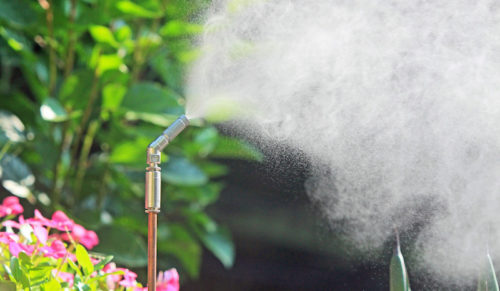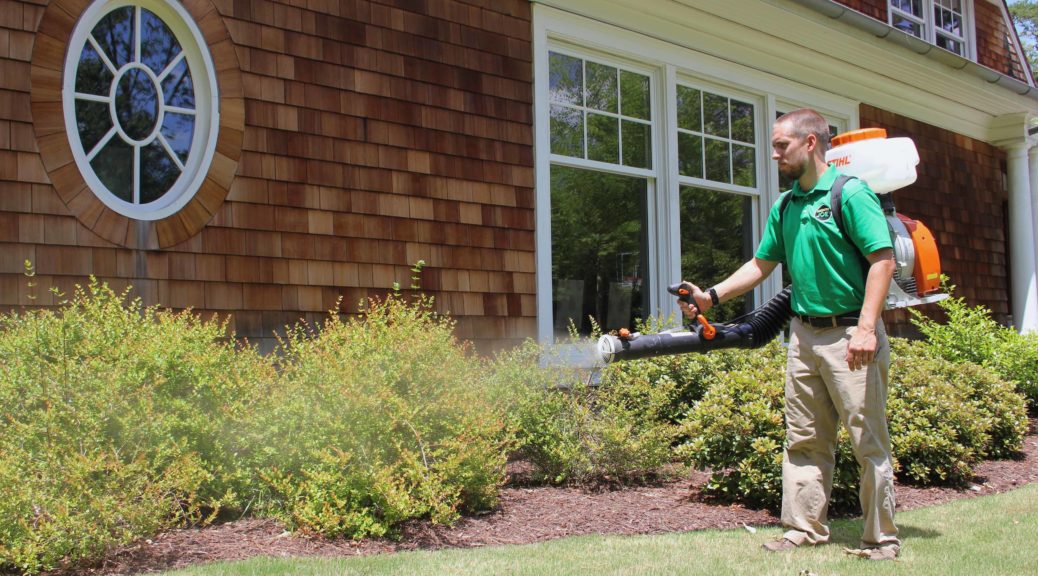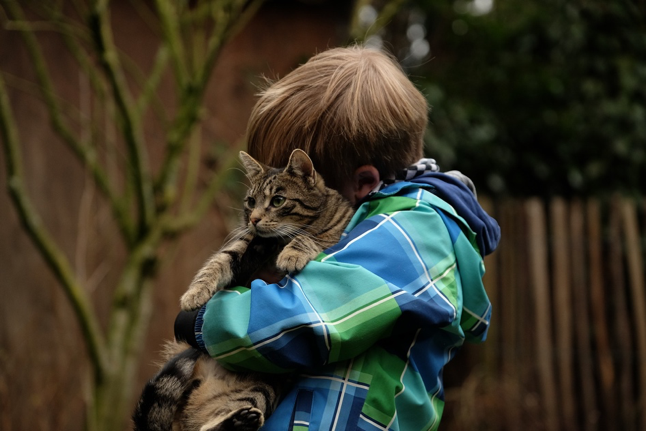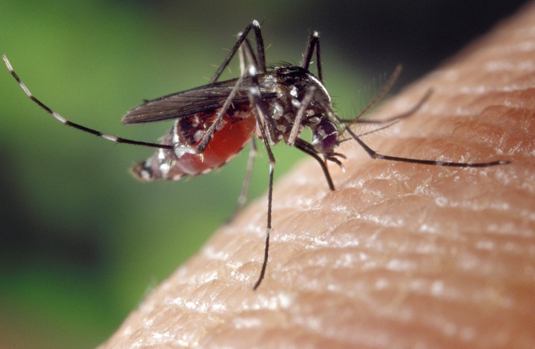Mosquito Misting Systems vs. Mosquito Fogging vs. Mosquito Barrier Treatments
Mosquito Joe Breaks Down Mosquito Control Options
As the mosquito population grows and the diseases they carry hit the headlines, many folks are looking for an affordable and effective way to control mosquitoes in their yard. Misting systems have gained popularity over the past several years, but how do they stack up to the newer barrier treatment technology (sometimes known as “mosquito spraying”)? The crew at Mosquito Joe of NW Houston & S Brazos Valley has created a quick sheet to shed some light on the differences of the mosquito eliminating technologies.
What is the Difference?
- A mosquito misting system is installed in specific areas of the yard that are used frequently by homeowners. At predetermined times, the misting system releases product into the air to kill mosquitoes and prevent them from breeding. The mosquito misting system runs periodically, from a tank, in much the same way a sprinkler system does. The products have a shelf life and need to be stored, replenished, and/or replaced periodically. The hoses require upkeep and the nozzles can often block and require replacement.
- Mosquito fogging uses heated products that eliminate any adult mosquito in its path when released. It does not remain in the air, nor affect the area treated after fogging is complete. It is intended to be a short-term method of eliminating active adult mosquitoes.
- A barrier treatment, on the other hand, is applied by a certified structural pest control technician and is completely customized to the yard. The homeowner never needs to have bulk products stored on site. The treatment is effective for 21 days and is designed to break the life cycle of mosquitoes in the property by removing adult mosquitoes and developing larvae.


Effective Treatment Area
A mosquito misting system treats the immediate area (10’ around each nozzle typically) and can often be affected by wind, drifting the chemical to an area outside the desired treatment area. Fogging will eliminate adults in its path only briefly. Barrier treatments typically treat the entire yard, allowing full use of the property.
How Long Do They Work?
Misting system sprays are generally effective for a couple of hours after each spray. Most systems are programmed to spray several times a day. Fogging lasts only for the duration of the treatment. Barrier treatments last up to 21 days with the most effective products. Barrier treatments include management of the water on the property, directly affecting the source of the population.
What Do They Eliminate?
Misting systems are useful for eliminating active adult mosquitoes within immediate range of the nozzles. This means that mosquitoes out of range will not be affected. Mosquito larvae are not impacted by this system. They also kill many other insects in the area, which can include butterflies, bees, and other pollinators important to the environment.
The barrier system also eliminates active adults, but additionally prevents future adults from emerging. The service is usually combined with larva control treatment so both the adults and larvae are destroyed. The technicians are trained to avoid flowering plants and bodies of water that may contain fish. Other natural products are generally used in these areas to repel mosquitoes towards areas where they can be killed without impacting the pollinators and beneficial insects.
How much does it cost?


Mosquito misting systems have a significant up-front cost that involves equipment and installation by a certified individual. Once installed, maintenance of hoses and nozzles will be required as well as chemical fills as the product is used up.
Home foggers start at about $200. Because fogging is not a long-term solution to the problem, most homeowners who try this route expend a lot of time and energy before giving up.
Mosquito control barrier treatments are provided as a service and require no maintenance or involvement from the homeowner. In most cases, the homeowner doesn’t even need to be home. A payment is charged after each treatment or even on a yearly basis. Homeowners are encouraged to keep their yard free of stagnant water, but the technicians will remove what they can at each service.
Safety and Environment
There are some concerns with mosquito misting systems:
- Misting systems are automatic and can spray while people and pets are outside. Barrier treatments require that humans and pets be out of the area during treatment and 30 minutes afterward to allow the products to dry. Once dry, the yard can be used as normal.
- Automatic misting occurs no matter the wind speed, wind direction and weather – often causing a waste of products. Barrier treatments are controlled by the certified technician applying it and never happen in the rain or when the wind is excessive.
- For a typical area, a misting system may use up to 165 gallons of mixed product per year. For the same property, barrier treatments use approximately 34 gallons FOR THE ENTIRE YARD during that same year.
- Misting systems are not a part of an Integrated Pest Management System. They simply spray, killing adult mosquitoes for a short period of time. Barrier treatments combine product placement, standing water control and treatment, environmental protection, eliminating the adult mosquitoes, and ridding and prevention of larval mosquitoes. This all occurs only in the presence of a state tested and certified technician.
Which should I use?
The EPA has cautioned against misting systems as the components are not classified as ‘application equipment’. They also are generally not as effective as other systems, like barriers, and can be hazardous to the environment. Fogging is ineffective and short-lived. Mosquito barrier treatments are proven to work more effectively at eliminating and preventing mosquitoes. The environmental impact can be much less due to the decreased overall amount of product being used, and they also cost less up front and require no maintenance.
How Can Mosquito Joe Help?
The good news is, Mosquito Joe of NW Houston & South Bravos Valley offers many outdoor pest control options to keep those pesky insects at bay. Effective mosquito control barrier treatments, special event sprays, all-natural barrier treatments, commercial treatments and more. We would love to talk to you further about any questions you have about mosquito barrier sprays, misting systems or fogging treatments so please give us a call at 281-815-0228 or send over an email to nwhoustonbrazos@mosquitojoe.com






